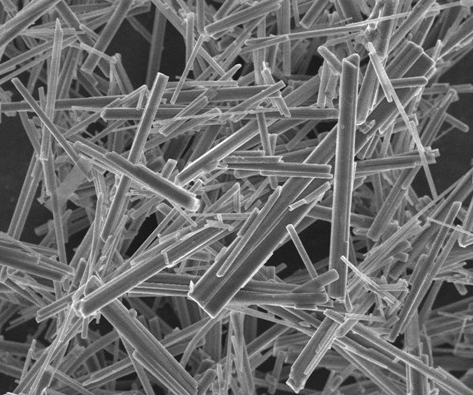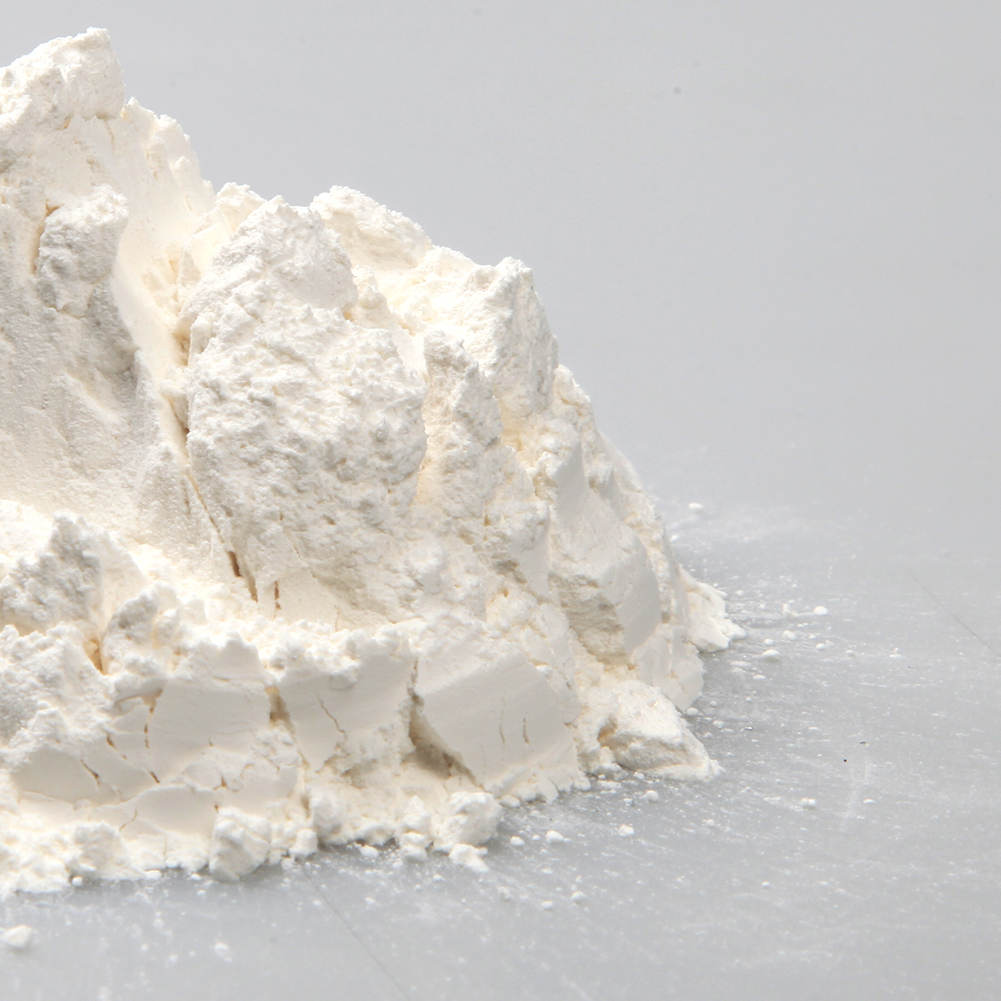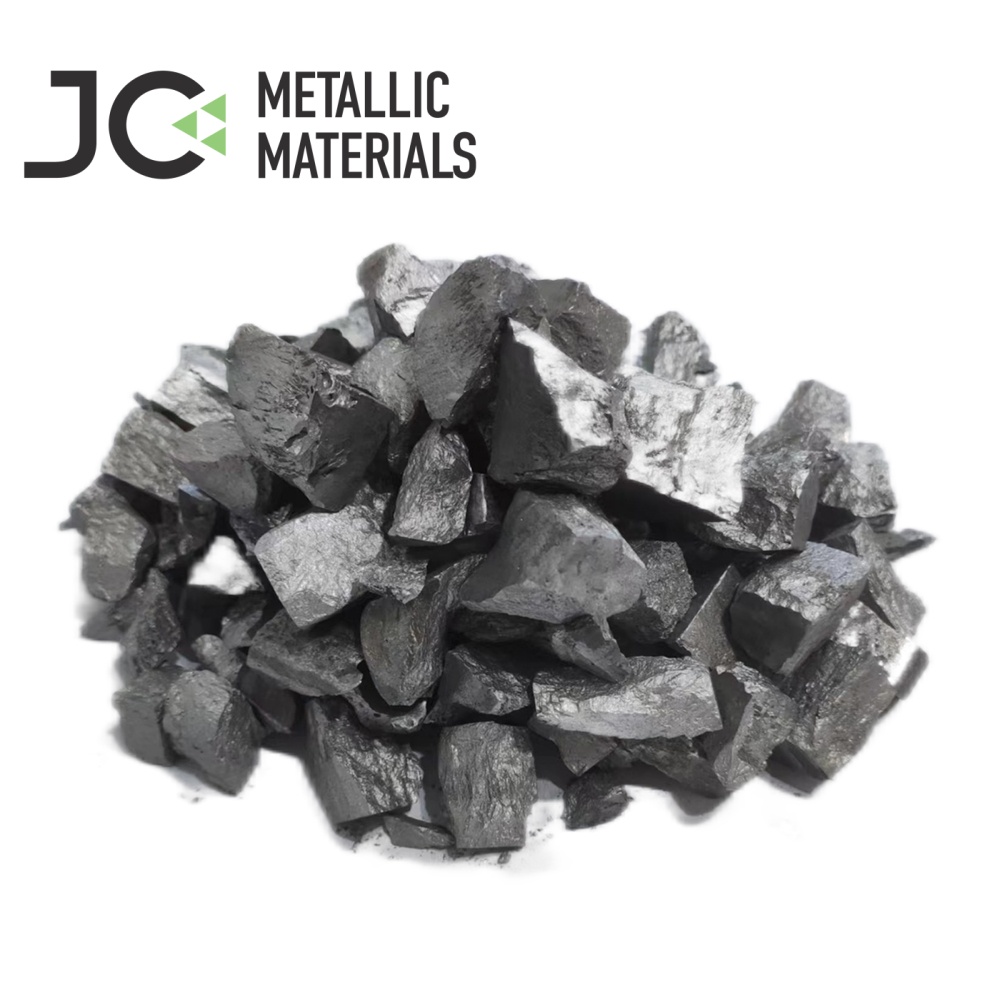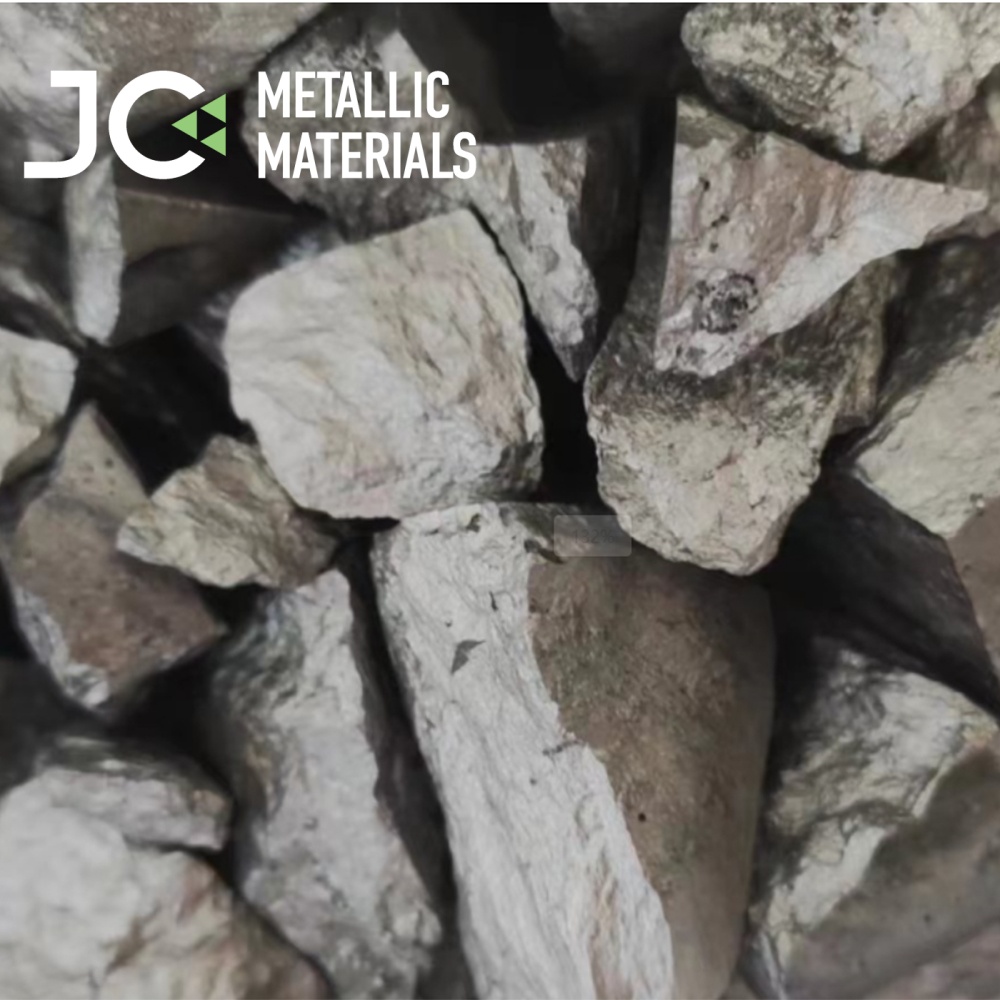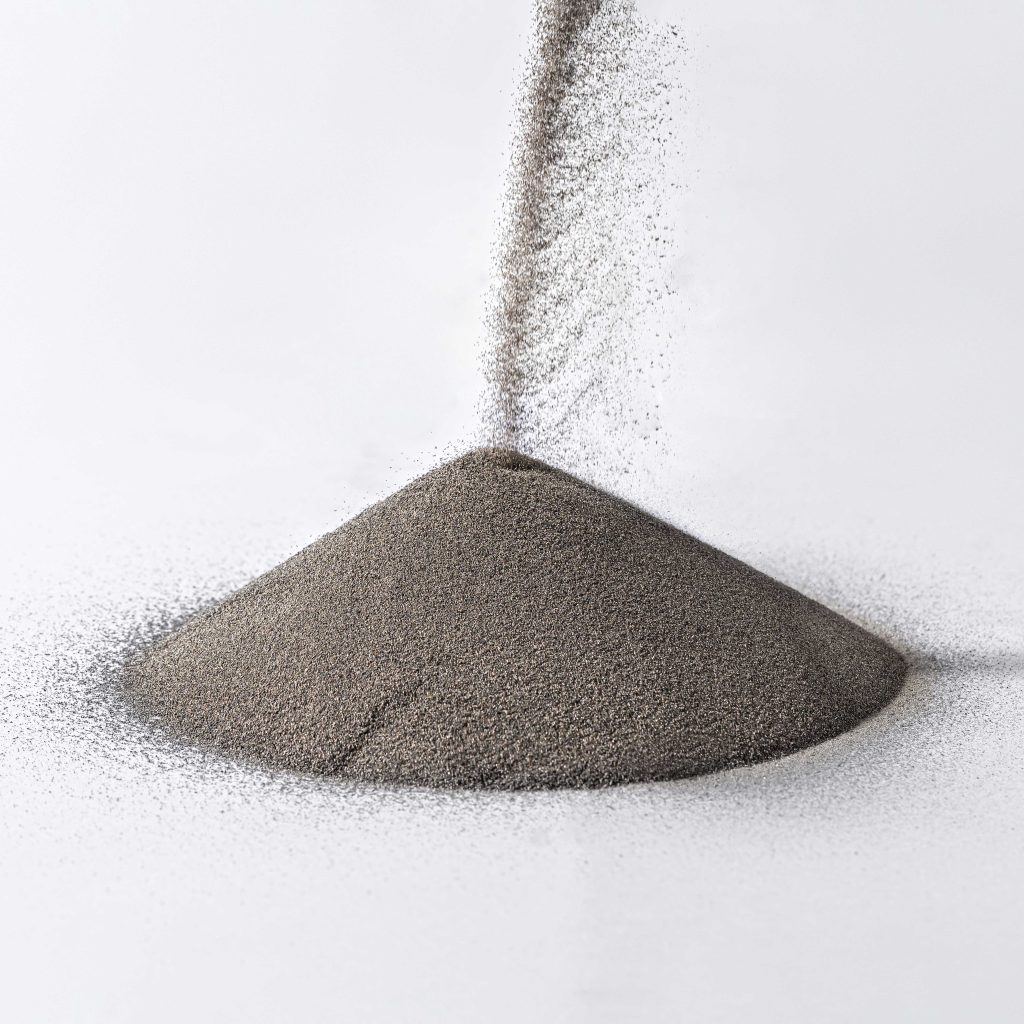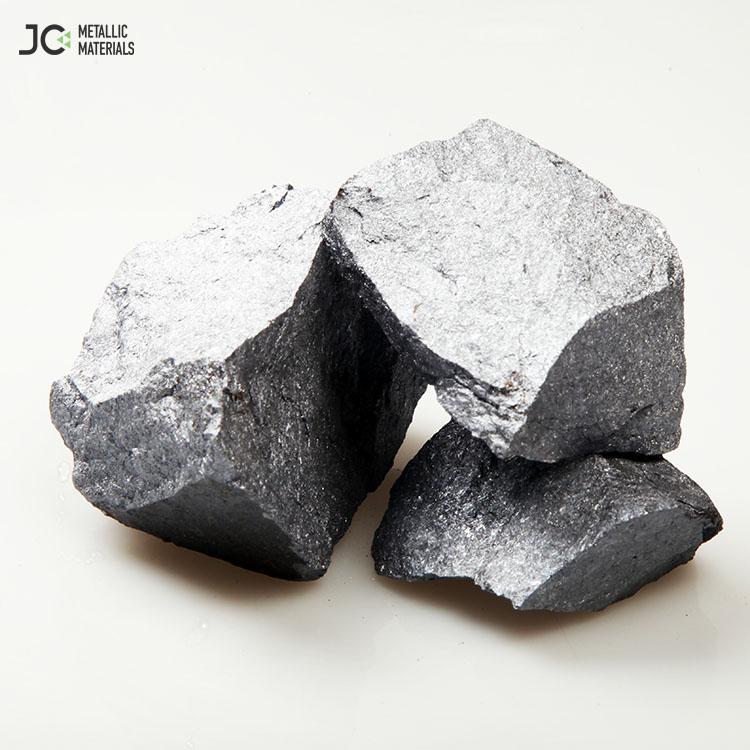
Overview of Silicon Powder: A Guide to their Properties, Preparation, Uses, and Challenges
Silicon powder (Si) is a vital industrial material that is widely used in semiconductors, solar cell, electronics, construction and advanced technologies. Silicon is one of the most abundant elements on Earth. Its chemical and physical properties make it highly useful in a wide range of industries.
In this article, we will explore silicon powder properties, preparation, uses and also several challenges about it.
Silicon Powder: A High-Performance Material
Silicon powder is produced by grinding or synthesizing silicon blocks, crystals, or minerals into fine particles ranging from micron to nano size. It can be classified into coarse, micro or nano powder depending on the particle size. The powder can be found in either pure silicon or as a combination of alloys and compounds, such as silicon dioxide.
Micro Silicon Powder vs. Micro Silica Powder
Micro silicon powder is different from micro silica. Micro silicon powder can be produced by mechanical or chemical processing quartz or minerals rich in silicon. It is widely used for electronics, rubber, plastics and other materials because of its high heat resistance. Micro silica (silica fume) is an industrial waste product of ferrosilicon, or metallic silicon. It is made up of finer particles, and it’s mainly used to improve the strength, durability and performance of concrete and refractory material. Both differ in terms of particle size, production method, and application areas.
Properties of Silicon Powder
The thermal stability of silicon powder is excellent. High electrical performance. Chemical resistance is also offered for various industries.
- High Purity: Achieves up 99% purity. Essential for semiconductors and solar cells.
- Thermal Stability: Maintains stability even at high temperatures. Suitable for electronic, refractory, and energy storage.
- Electrical Properties: Acts as semiconductor and is critical to microchips.
- Chemical Resistance: Resists corrosion and oxidation, ensuring durability even in harsh environments.
- Particle Size Options: Available in coarse, fine, micro and nano sizes for various industrial applications.
Preparation Methods of Silicon Powder
The preparation of silicon powder involves several methods. Each process ensures quality. In various industries, preparation is key to improving performance.
Step 1: Carbothermal Reduction
The method involves heating silica in an electric arc oven at high temperatures with carbon materials, such as charcoal or coke. This reaction turns silica to elemental silicon which is then refined and ground up into powder. The most common and widely used industrial technique to produce large quantities of silicon powder is carbothermal reduction.
Step 2: Chemical Vapor Deposition (CVD)
CVD uses silane gas to decompose it at high temperature inside controlled reactors. Decomposition deposits silicon in fine powder. This method is preferred for the production of ultra-high purity silica required in industries such as semiconductors, electronics, and solar energy where chemical purity and precise particle quality are crucial.
Step 3: Machine Milling
The mechanical milling process involves the grinding of bulk crystalline silica into powders as small as microns or submicrons using jet mills or attritionmills. This process produces powders that are suitable for chemical, ceramic and metallurgical applications. Mechanical milling is energy-intensive but flexible and cost-effective in terms of adjusting powder fineness to suit different industrial applications.
Step 4: Plasma Spheroidization
Plasma spheroidization involves passing silicon powder particles through a plasma torch at high temperatures, which causes them to instantly melt. Rapid cooling transforms them into uniform, spherical powder particles that have improved flowability and packing densities. This advanced technique is perfect for electronics, additive manufacturing and thermal spray coatings that require high performance and consistent morphology.
Applications of Silicon Powder
Silicon powder is a versatile material that has outstanding conductivity and strength. Silicon powder is used to improve semiconductors, ceramics and coatings in modern technology.
1: Metallurgical Industry
As a deoxidizer, silicon powder is used in the steel-making process and aluminum refinement. It improves mechanical properties and strength while reducing impurities. It ensures better quality products by increasing resistance to wear and corrosion. Silicon powder is used extensively in the metallurgical sector to increase production efficiency and product durability.
2: Electronics and Semiconductors
The production of semiconductors, integrated devices, and photovoltaics is dependent on ultra-pure silica powder. It is the foundation of microelectronics and enables faster processing, as well as greater energy efficiency. Silicon is indispensable to modern technology because of its electrical properties and stability. Silicon powder is used in the electronics industry to manufacture chips, sensors and renewable energy devices such as solar panels.
3: Ceramics and Refractories
Silicon powder is used to improve thermal stability and structural integrity in ceramics and refractory material. Silicon powder is used to produce high-performance ceramics for the aerospace, automotive and energy industries. It is reliable in extreme conditions because of its high melting point, and it resists oxidation. Silicon powder increases durability and longevity. It ensures that components can withstand mechanical stresses and temperature fluctuations without losing integrity.
4: Additive Manufacturing and Coatings
Silicon powder is increasingly used in advanced industries for 3D printing, composite manufacturing, and coatings. Its uniform particles improve flowability, producing consistent layers during additive processes. Coatings made with silicon powder are more resistant to abrasion and thermal damage, as well as corrosion. Silicon powder is a key component in modern engineering techniques that support innovative applications such as aerospace, medical implants and high-performance machines.
Opportunities and Challenges for Silicon Powder
The global demand for silica powder is increasing steadily due to rapid advances in the photovoltaic, electronic, and new energy industries. To support sustainable growth, it is important to address key challenges along with these opportunities.
Silicon Powder: Opportunities and Applications
The global demand for silica powder is increasing steadily due to rapid advances in the photovoltaic, electronic, and new energy industries. To support sustainable growth, it is important to address key challenges along with these opportunities.
Silicon Powder: Opportunities and Applications
Global market demand is growing due to the increasing use of photovoltaics and electronics in new energy industries.
- Battery Applications:Potential as anode materials for next-generation Li-ion batteries that have higher capacities.
- Green Materials:Growing applications in eco friendly composites, sustainable products for building, and aerospace components.
Silicon Powder: Challenges and Opportunities
- High production costs: Complex processes and high-tech equipment increase the price of high-purity silica powder.
- Technical Barriers:Volume expansion during charge and discharge cycles limits battery performance.
- Environmental Concerns: The production of dust and waste gasses requires strict environmental regulations and controls.
Final Thoughts
Silicon powder is a versatile and high-performance material that plays a vital role in advanced manufacturing, electronics, semiconductors and energy storage. Silicon powder is becoming increasingly valuable to global industries because of its applications in solar panels, batteries and eco-friendly products. Despite the challenges of high production costs, technical obstacles, and environmental impact, innovation is needed to overcome them. Silicon powder offers significant opportunities to both buyers and manufacturers worldwide.


